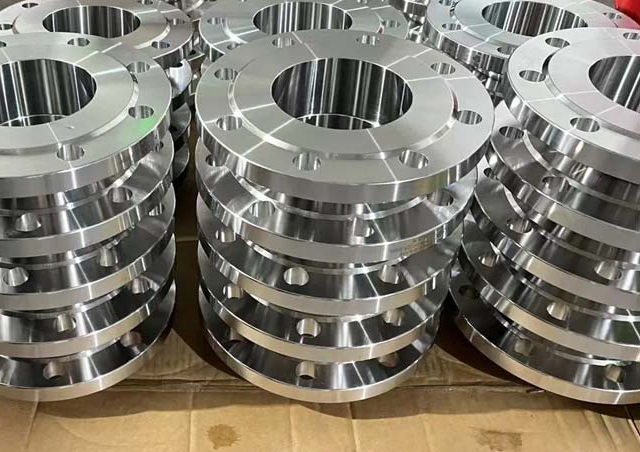
ADTO News
How to Choose the Appropriate Steel Pipe Flange For a Specific Application?
When choosing the appropriate steel pipe flange for a specific application in Malaysia, consider the following key factors:
1. Pressure and Temperature Requirements:
Determine the maximum operating pressure and temperature of the system. For high-pressure and high-temperature applications such as in the oil and gas industry or power plants, weld neck flanges are often preferred as they offer superior strength and durability to withstand the extreme conditions.
Refer to relevant standards like ASME B16.5 to ensure the selected flange has the appropriate pressure-temperature rating for the intended use.
2. Pipe Size and Diameter:
Measure the diameter of the pipe accurately. Flanges are available in a range of standard sizes to match different pipe dimensions. Ensure a proper fit between the flange and the pipe to avoid leaks or connection failures.
Consider the type of connection method suitable for the pipe size, such as threaded flanges for smaller diameters or weld-on flanges for larger pipes.
3. Material Compatibility:
Assess the nature of the fluid or gas being transported. For corrosive substances, choose flanges made from stainless steel or other corrosion-resistant materials like duplex or super duplex stainless steels.
In applications involving high-temperature fluids, materials with good heat resistance such as alloy steels may be required.
Compatibility with the surrounding environment is also crucial to prevent rusting or degradation over time.
4. Installation and Maintenance Requirements:
Consider the ease of installation. Slip-on flanges are relatively easy to install but may not be as strong as weld neck flanges. Threaded flanges are convenient for quick connections but may not be suitable for high-pressure systems.
Think about future maintenance needs. Blind flanges are useful for providing easy access for maintenance or inspection of a section of the piping system.
5. Industry Standards and Regulations:
Ensure that the selected flange complies with the relevant industry standards and local regulations. This not only ensures safety but also helps in ensuring compatibility with other components of the system.
Some industries may have specific requirements or certifications that the flange must meet, such as those in the petrochemical or food processing sectors.


 Live Chat
Live Chat

